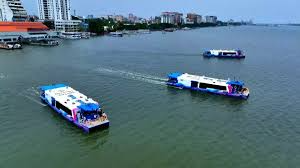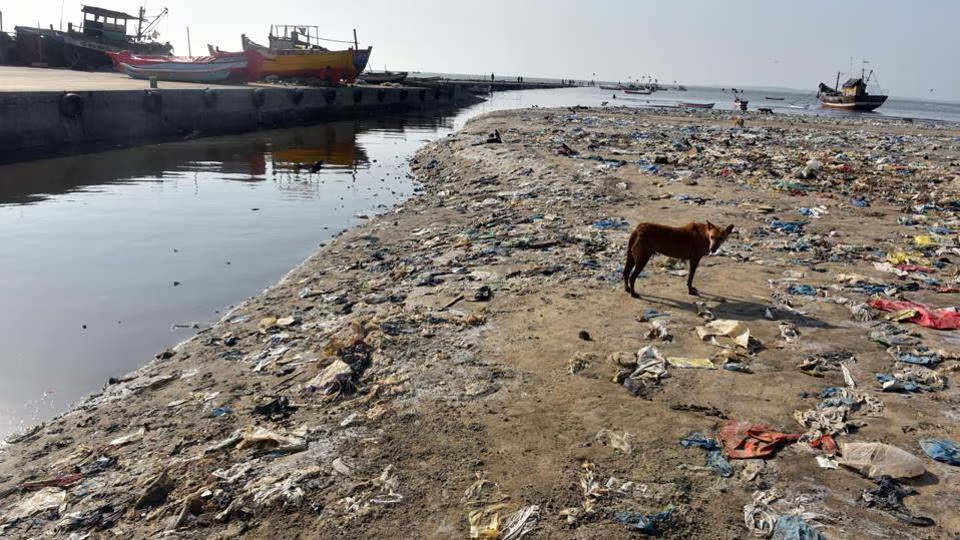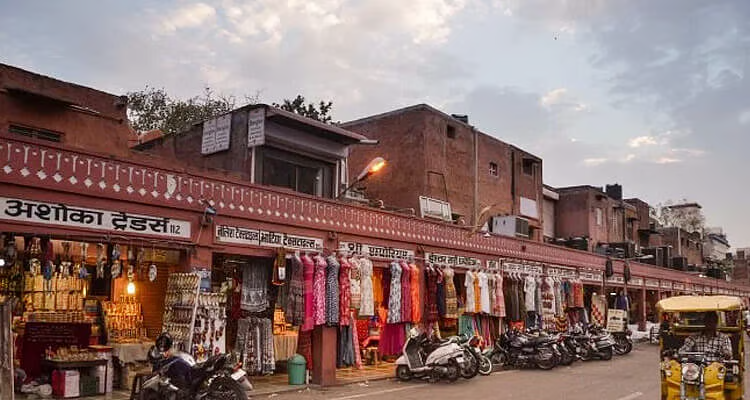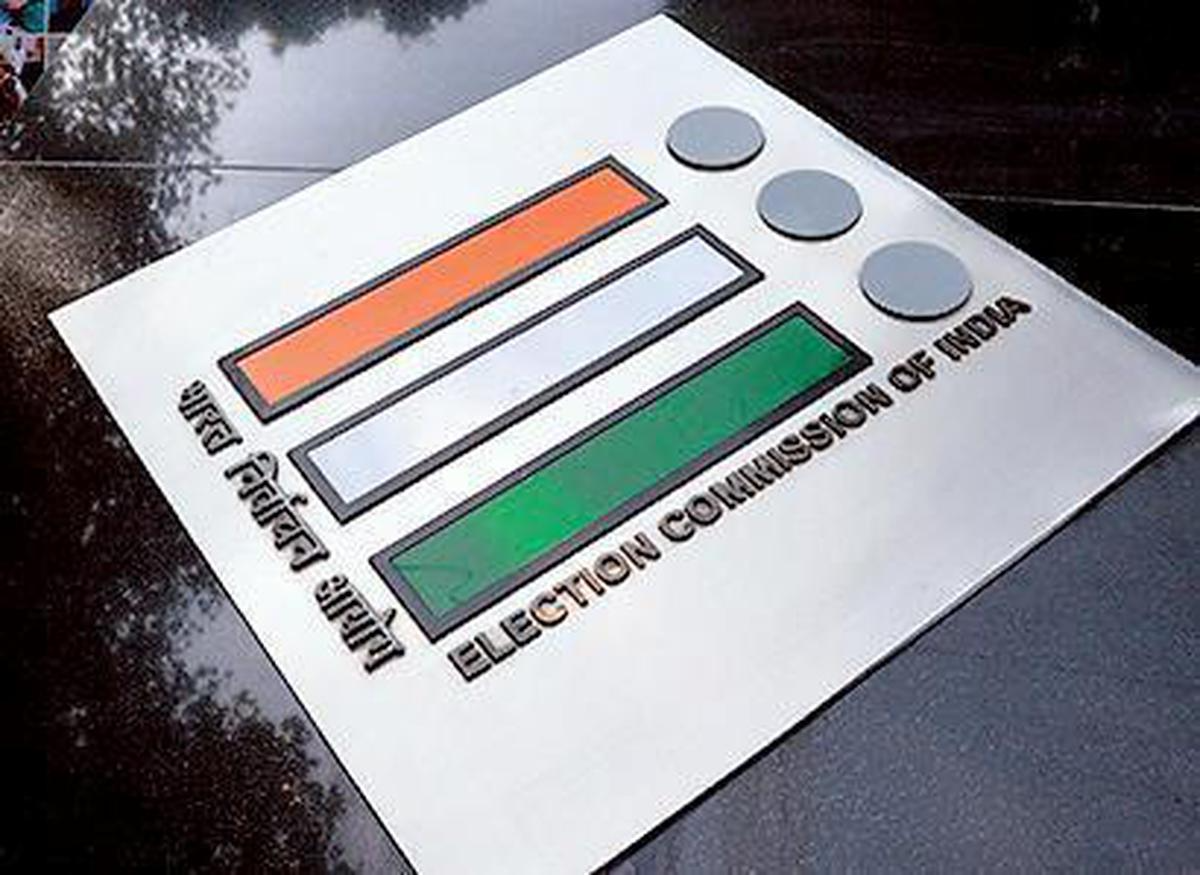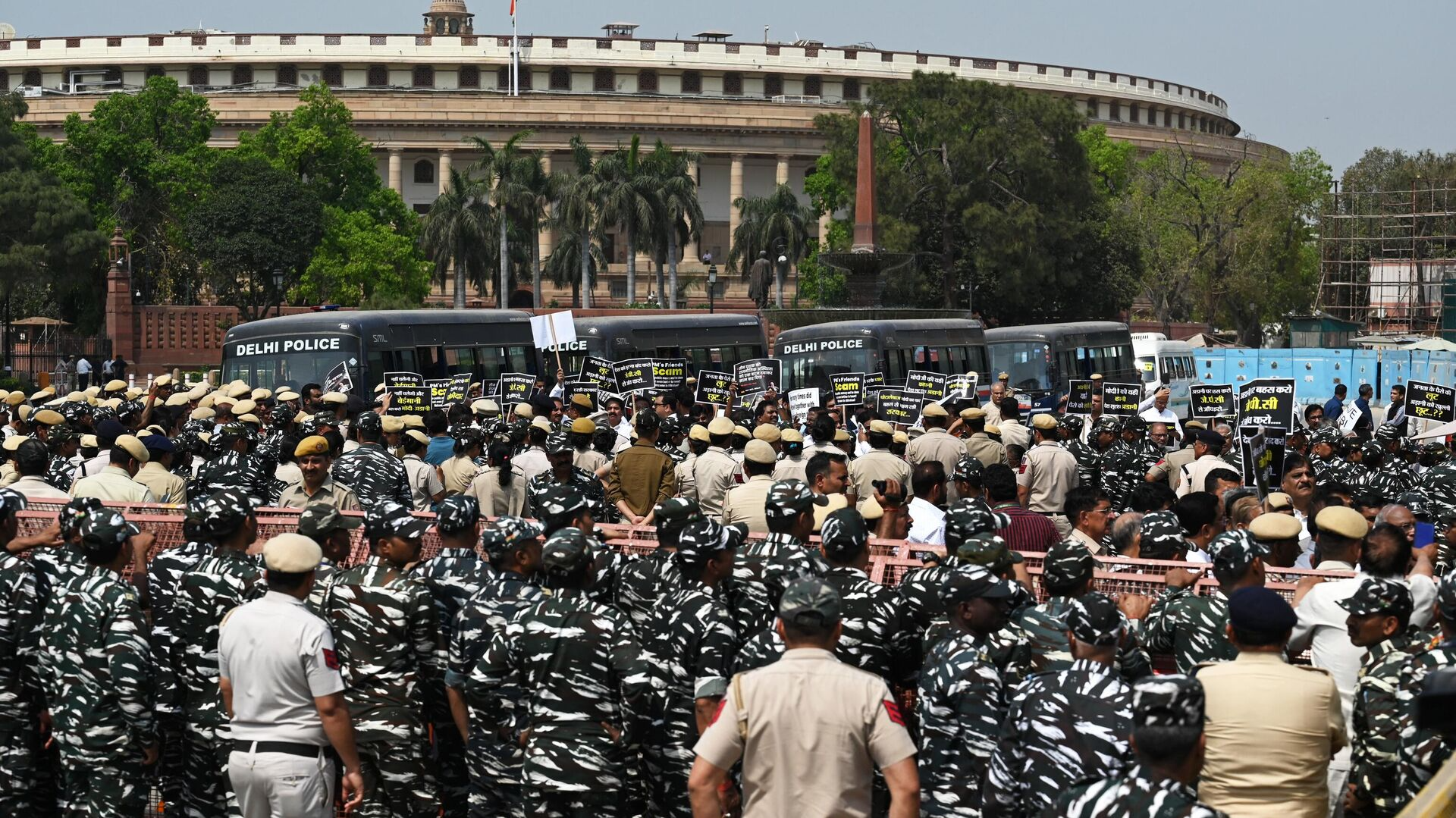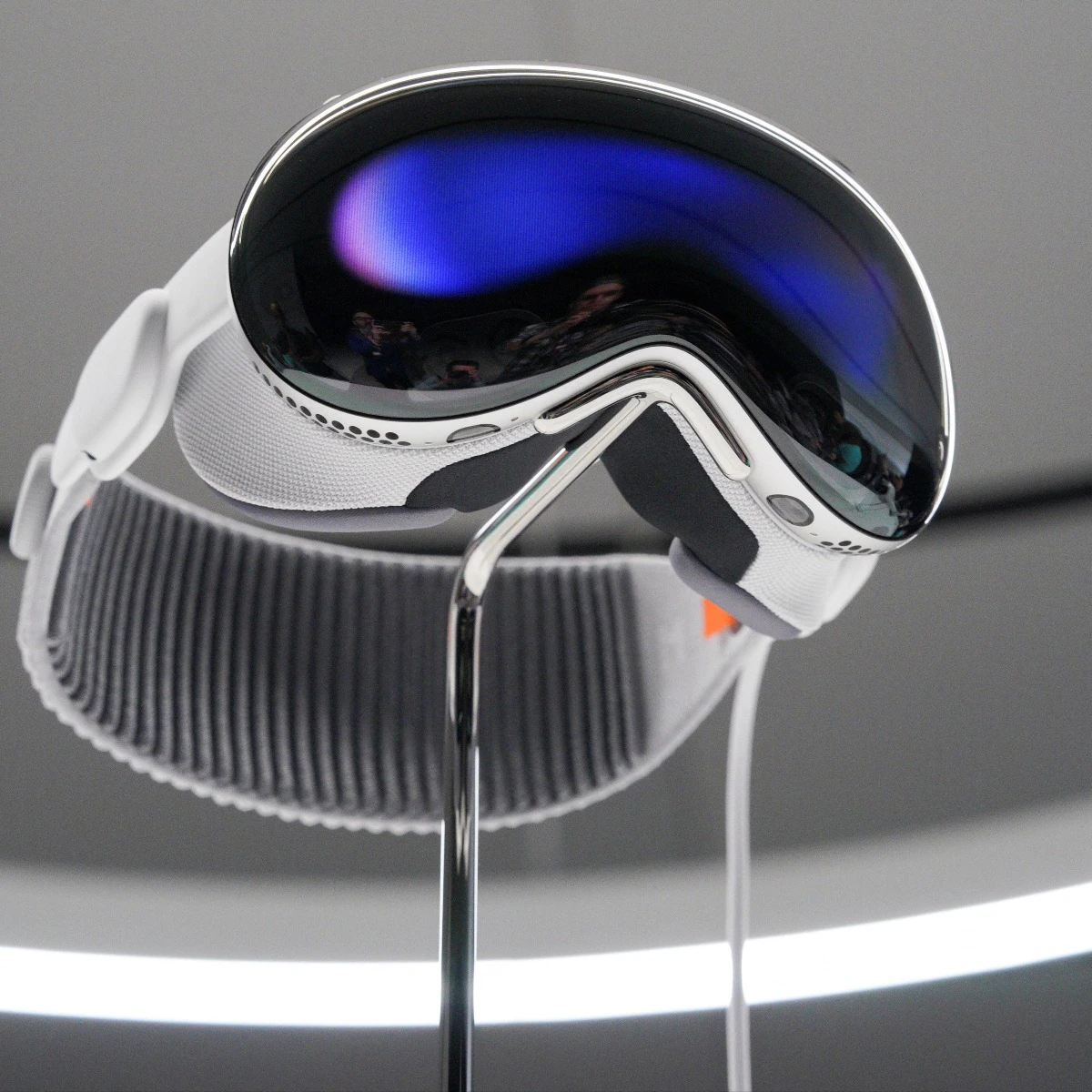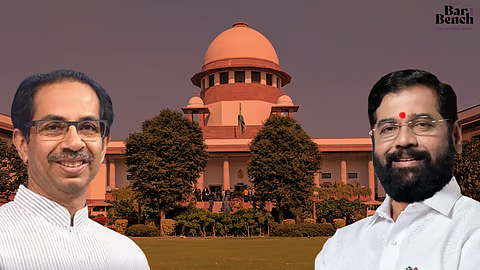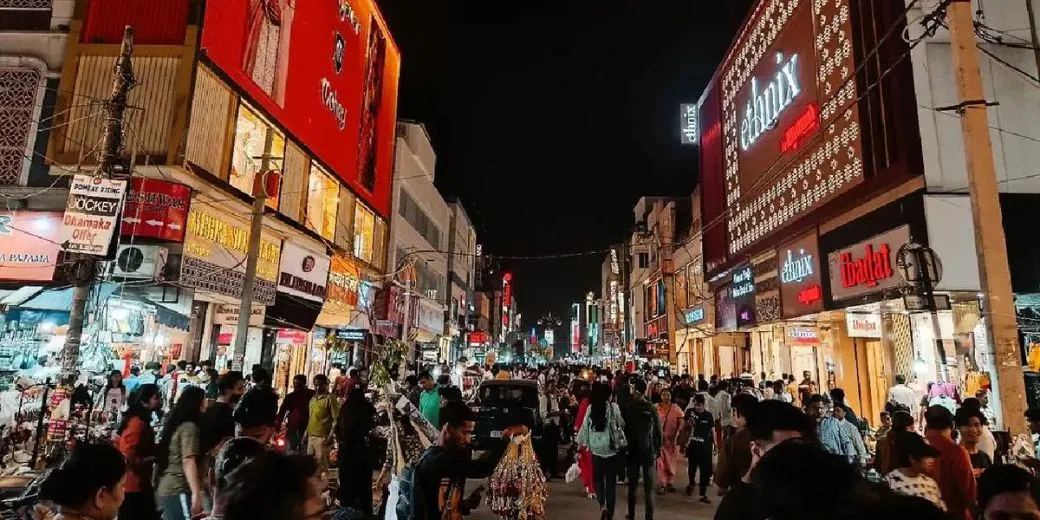Delhi to Get 500 New Electric Buses
Posted On July 11, 2025
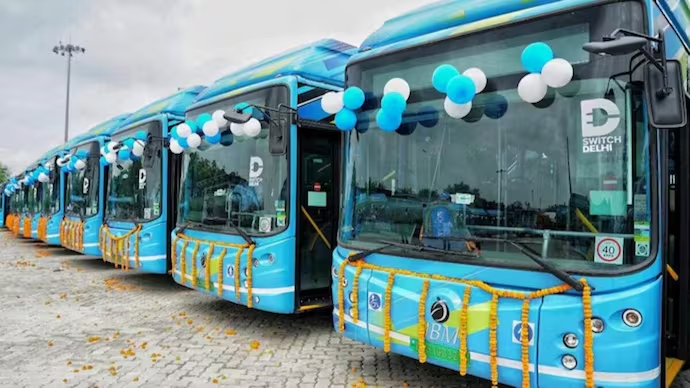
Delhi's public transport landscape is on the cusp of a significant transformation with the imminent arrival and deployment of 500 new electric buses. This substantial addition to the city's bus fleet is a critical component of the Delhi government's ambitious plan to rapidly electrify its public transport system, aiming to significantly curb air pollution and establish Delhi as the "Electric Vehicle Capital of India." The induction of these buses, alongside ongoing infrastructure development, signals a determined push towards a greener, more sustainable urban mobility future for millions of commuters.
The Delhi government has been steadfast in its commitment to augmenting its electric bus fleet. As recently as May 2025, Transport Minister Pankaj Singh stated that 500 new e-buses would hit Delhi roads within two months, followed by another 1,000 by the year-end. This indicates that a significant portion of these 500 buses are either in the final stages of delivery or have already begun to be inducted into service as of July 2025. This rapid procurement and deployment strategy is central to the broader vision of achieving 100% electrification of the Delhi Transport Corporation (DTC) bus fleet by 2027, with a target of reaching 8,000 electric buses by the end of 2025.
These new electric buses are being procured under a gross cost contract (GCC) model, where private operators are responsible for the procurement, supply, operation, and maintenance of the buses, while the government pays them on a per-kilometer basis. This model helps distribute the financial and operational burden, accelerating the transition to electric vehicles. Leading manufacturers and concessionaires like PMI Electro Mobility, Switch Mobility, and JBM Electric Vehicles are involved in supplying these buses, with JBM having already deployed 66 electric buses as part of Delhi's green mobility efforts from its manufacturing facility in the Delhi-NCR region.
The design and features of these new electric buses are tailored to meet the specific needs of Delhi's urban environment. Many of the newly introduced "DEVI" (Delhi EV Inter-connector) buses are nine-meter-long, low-floor, air-conditioned vehicles, making them highly accessible for diverse commuters, including those with disabilities, thanks to features like wheelchair ramps and retractable steps. They are also equipped with modern amenities and safety features, including CCTV cameras, panic buttons for passenger security, real-time tracking systems, and digital displays for passenger information. These smaller, more agile buses are particularly suited for navigating Delhi's narrower lanes and providing crucial last-mile connectivity, especially in underserved and rural areas.
Crucially, the expansion of the electric bus fleet is intrinsically linked with the development of robust charging infrastructure. The Delhi government has been actively engaged in upgrading existing depots and constructing new ones to accommodate the growing number of electric buses and their charging requirements. Tender results and procurement notices from early to mid-2025 show ongoing projects for the "upgradation of DTC depots for electric buses" across various locations, including Kanjhawala, Dichaon Kalan, Okhla, Ambedkar Nagar, Bawana, Peeragarhi, and I.P. Depot. These depots are being equipped with dedicated electric bus charging stations, supporting both AC and DC fast charging, to ensure smooth deployment and operation of the new fleet. The Transport Minister has consistently urged bus concessionaires to accelerate the delivery of buses and ramp up charging infrastructure development across all key depots.
The benefits of inducting 500 new electric buses into Delhi's public transport system are profound, primarily impacting the city's severe air quality challenges. Diesel buses are a significant contributor to urban air pollution, emitting particulate matter, nitrogen oxides, and other harmful pollutants. The shift to electric buses means zero tailpipe emissions, directly leading to cleaner air and a healthier environment for Delhi's residents. While Delhi's air quality remains a complex issue influenced by multiple factors, increasing the share of electric vehicles in public transport is a decisive step towards mitigating vehicular pollution, which is a major component of the city's smog.
Furthermore, the expansion of the electric bus fleet aims to-
Enhance Public Transport Accessibility and Ridership- With modern, comfortable, and reliable electric buses, the government aims to encourage more Delhiites to switch from private vehicles to public transport, further reducing congestion and pollution. The introduction of inter-state electric bus services to 17 cities across seven states by DTC, restarting after two decades, is another strategic move to promote green mobility on longer routes.
Reduce Noise Pollution- Electric buses operate silently compared to conventional diesel buses, contributing to a quieter urban environment.
Lower Operational Costs- While the initial capital cost of electric buses might be higher, their operational and maintenance costs are significantly lower in the long run, contributing to the financial sustainability of public transport.
Support "Make in India"- Many of the electric buses are being manufactured domestically by Indian companies, boosting local manufacturing capabilities and creating jobs.
The financial impetus for this massive shift comes from various sources, including the state government's budget, potential central government subsidies under schemes like FAME II (Faster Adoption and Manufacturing of Electric Vehicles), and private investment through the GCC model. The Delhi government has consistently emphasized its dedication to building a modern, eco-friendly public transport system, and the induction of these 500 electric buses represents a substantial step towards achieving that vision. As civil works at depots near completion and bus deliveries accelerate, Delhi is poised to witness a significant green transformation of its public mobility in the coming months and years.
The Delhi government has been steadfast in its commitment to augmenting its electric bus fleet. As recently as May 2025, Transport Minister Pankaj Singh stated that 500 new e-buses would hit Delhi roads within two months, followed by another 1,000 by the year-end. This indicates that a significant portion of these 500 buses are either in the final stages of delivery or have already begun to be inducted into service as of July 2025. This rapid procurement and deployment strategy is central to the broader vision of achieving 100% electrification of the Delhi Transport Corporation (DTC) bus fleet by 2027, with a target of reaching 8,000 electric buses by the end of 2025.
These new electric buses are being procured under a gross cost contract (GCC) model, where private operators are responsible for the procurement, supply, operation, and maintenance of the buses, while the government pays them on a per-kilometer basis. This model helps distribute the financial and operational burden, accelerating the transition to electric vehicles. Leading manufacturers and concessionaires like PMI Electro Mobility, Switch Mobility, and JBM Electric Vehicles are involved in supplying these buses, with JBM having already deployed 66 electric buses as part of Delhi's green mobility efforts from its manufacturing facility in the Delhi-NCR region.
The design and features of these new electric buses are tailored to meet the specific needs of Delhi's urban environment. Many of the newly introduced "DEVI" (Delhi EV Inter-connector) buses are nine-meter-long, low-floor, air-conditioned vehicles, making them highly accessible for diverse commuters, including those with disabilities, thanks to features like wheelchair ramps and retractable steps. They are also equipped with modern amenities and safety features, including CCTV cameras, panic buttons for passenger security, real-time tracking systems, and digital displays for passenger information. These smaller, more agile buses are particularly suited for navigating Delhi's narrower lanes and providing crucial last-mile connectivity, especially in underserved and rural areas.
Crucially, the expansion of the electric bus fleet is intrinsically linked with the development of robust charging infrastructure. The Delhi government has been actively engaged in upgrading existing depots and constructing new ones to accommodate the growing number of electric buses and their charging requirements. Tender results and procurement notices from early to mid-2025 show ongoing projects for the "upgradation of DTC depots for electric buses" across various locations, including Kanjhawala, Dichaon Kalan, Okhla, Ambedkar Nagar, Bawana, Peeragarhi, and I.P. Depot. These depots are being equipped with dedicated electric bus charging stations, supporting both AC and DC fast charging, to ensure smooth deployment and operation of the new fleet. The Transport Minister has consistently urged bus concessionaires to accelerate the delivery of buses and ramp up charging infrastructure development across all key depots.
The benefits of inducting 500 new electric buses into Delhi's public transport system are profound, primarily impacting the city's severe air quality challenges. Diesel buses are a significant contributor to urban air pollution, emitting particulate matter, nitrogen oxides, and other harmful pollutants. The shift to electric buses means zero tailpipe emissions, directly leading to cleaner air and a healthier environment for Delhi's residents. While Delhi's air quality remains a complex issue influenced by multiple factors, increasing the share of electric vehicles in public transport is a decisive step towards mitigating vehicular pollution, which is a major component of the city's smog.
Furthermore, the expansion of the electric bus fleet aims to-
Enhance Public Transport Accessibility and Ridership- With modern, comfortable, and reliable electric buses, the government aims to encourage more Delhiites to switch from private vehicles to public transport, further reducing congestion and pollution. The introduction of inter-state electric bus services to 17 cities across seven states by DTC, restarting after two decades, is another strategic move to promote green mobility on longer routes.
Reduce Noise Pollution- Electric buses operate silently compared to conventional diesel buses, contributing to a quieter urban environment.
Lower Operational Costs- While the initial capital cost of electric buses might be higher, their operational and maintenance costs are significantly lower in the long run, contributing to the financial sustainability of public transport.
Support "Make in India"- Many of the electric buses are being manufactured domestically by Indian companies, boosting local manufacturing capabilities and creating jobs.
The financial impetus for this massive shift comes from various sources, including the state government's budget, potential central government subsidies under schemes like FAME II (Faster Adoption and Manufacturing of Electric Vehicles), and private investment through the GCC model. The Delhi government has consistently emphasized its dedication to building a modern, eco-friendly public transport system, and the induction of these 500 electric buses represents a substantial step towards achieving that vision. As civil works at depots near completion and bus deliveries accelerate, Delhi is poised to witness a significant green transformation of its public mobility in the coming months and years.

